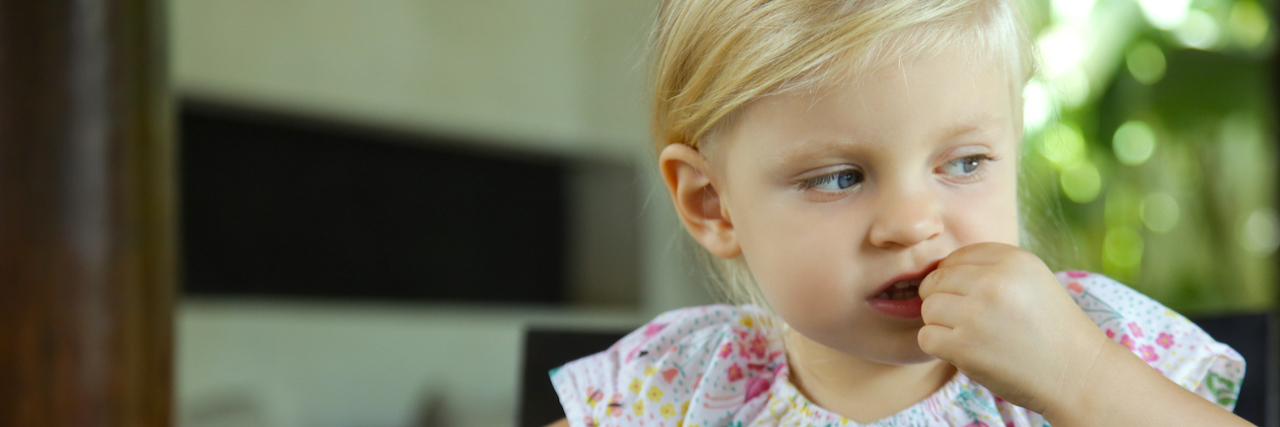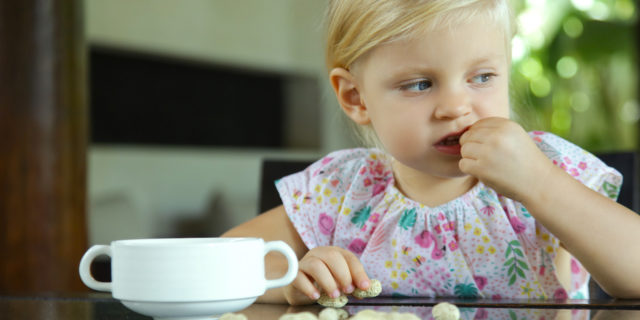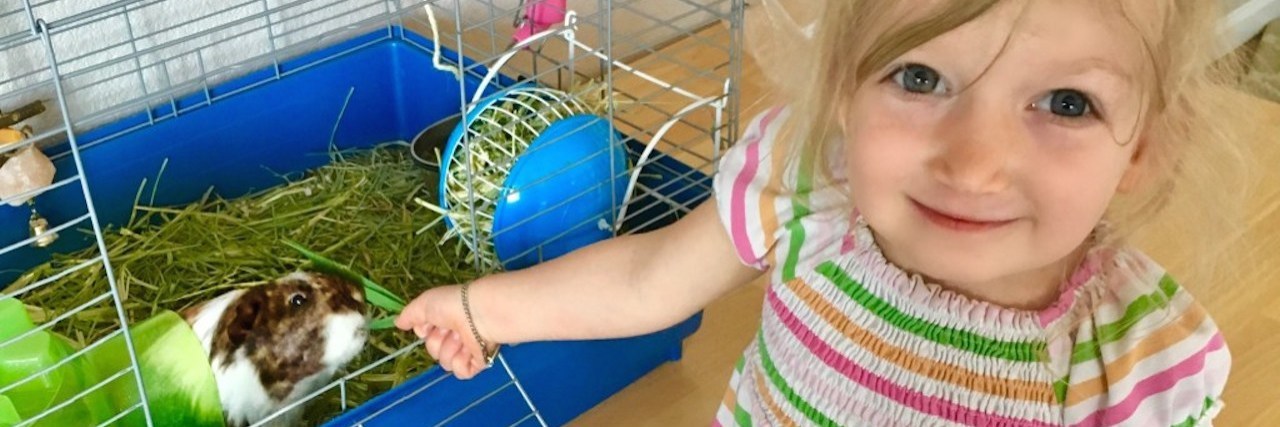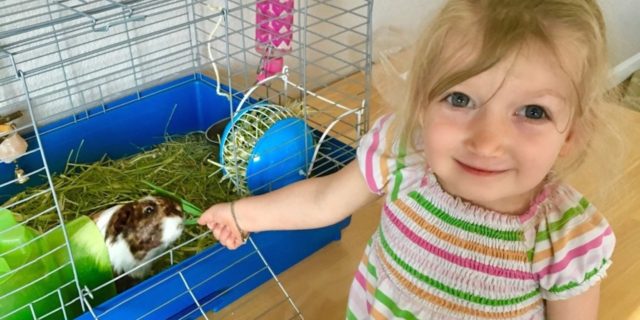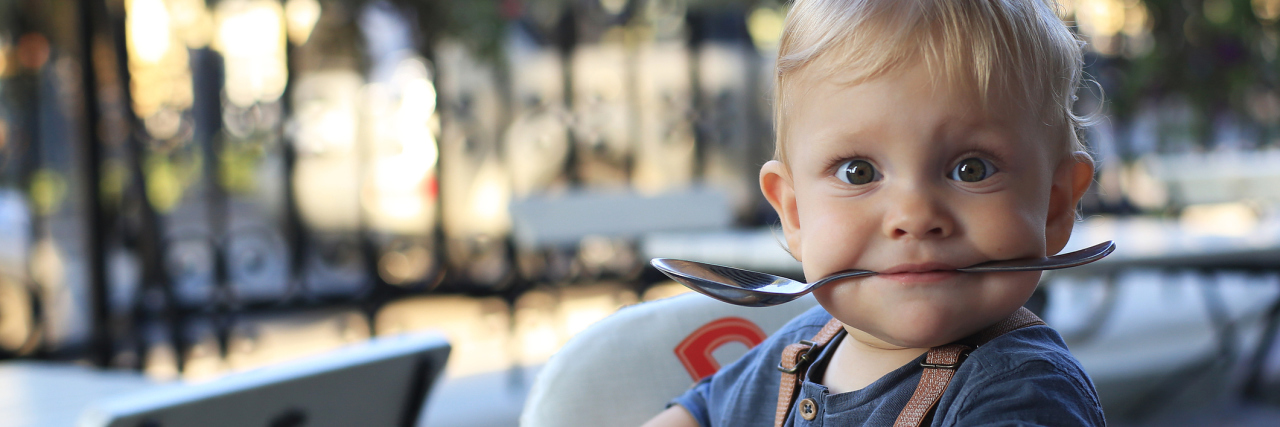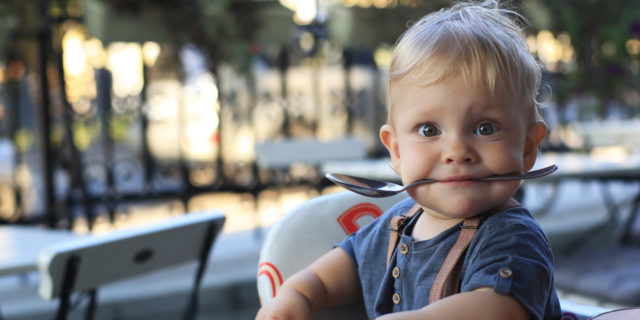“Mom, are you glad that I’m not disabled?” says my
six-year-old son with NVLD; whose disability apparently remains invisible, even
to him.
I cringe while recognizing the need to have more conversations
of inclusion to combat social culture’s influence of stigmatized diversity.
Then, I try to seize the teachable moment:
“Honey, it wouldn’t matter to me if you had a disability.
Everyone has differences; those with disabilities may just face a different set
of challenges than you’re used to. I would love you no matter—“
“I know, I KNOW, Mom. You say that all the time” he
interrupts with an annoyed tone. Interruptions are ever-present in our home, as
NVLD can make it difficult to recognize and understand patterns, including those
used in social communication.
Concerned that he has missed “the big picture,” another
common manifestation of NVLD, I continue with “you know how each person is
really good at some things and finds other things more difficult? They may just
need more support or to work extra hard to do those difficult things. But do
you think they still might enjoy a friend or someone to be kind to them?”
He agrees.
Fast forward to another day: I’m accompanying my son to a
therapy appointment at a nearby Pediatric Hospital. Even though 1st
grade was easy for him, tiny mistakes are still very difficult for him to accept.
Treating his anxiety may give him the needed confidence boost before academics
becomes more abstract. As we approach the Hospital, I suddenly remember that we
may encounter several children with a variety of needs and abilities, and that
I should remind [prompt] my son of socially acceptable behavior.
“Now before we go in, there may be children with differences
inside, and instead of staring or asking questions, you can—“
Interrupted again, my son blurts out “you mean there could
be someone without an arm? Or without legs? If I were to see that I think I
would freak out.”
Cringing once again at my failure in properly educating my
child, I respond “Well that’s why we’re talking about it now. It’s not
appropriate to freak out. Instead, if you find yourself feeling unsure of what
to say or do, just be friendly. Just smile and wave because maybe that child
wants to be your friend. Maybe they like Pokémon, or video games, or just being
smiled at.”
It turns out there were no children inside (I think we were
the last appointment on a Friday evening), and I tell myself that I need to
find more opportunities to expose my son to human diversity. To normalized
diversity. To make empathy and inclusiveness a part of everyday life.
Teaching inclusiveness to a child who struggles with social
perspective-taking can be a challenge, but we’re showing improvement in our
home. NVLD has granted my son very high verbal abilities, so we use his
auditory learning style to our advantage. As long as explicit verbal prompts are
given, he understands completely, and his highly sensitive and empathetic core
is activated. And while we haven’t directly discussed his NVLD (because
technical discussions about visual-spatial perception and abstract pattern
recognition doesn’t yet seem age appropriate), we have had many conversations
about his accompanying high sensitivity and worriedness. We talk about how
feeling more sensitive and worried than peers can be difficult sometimes; but
notice how those feelings pass and everything becomes OK again. We talk about the
positive traits of feeling sensitive or worried; high sensitivity means you can
care very deeply, and notice exceptional details. We talk about how Mom and Dad
live with sensitivity and worries too, and that we’re a team.
As second grade approaches, I feel both excited and anxious.
I know my son has friends. I know my son will do well with the school routine.
I’m pretty sure 2nd grade content will still come easy for his high
ability of rote memorization. I’m anxious because whether he is assigned a
nurturing teaching will impact his fragile outlook on school and
self-confidence. I worry whether to label him as having anxiety or NVLD to his
teachers, for fear of unhelpful stereotypes (including me as just another
Helicopter parent). I worry that even if he does begin to exhibit more
disruptive behaviors, the underlying reasons will not be understood or
appropriately treated, as NVLD is not yet recognized as a condition to receive
protection under IDEA or 504. Second grade is also the year when students are
identified for Gifted and Talented tracks. While such a track might cater to
his verbal abilities, it would also be ideal to have accomodations or
modifications in place to chunk and scaffold abstract content; and plenty of Universal
Design for Learning (multiple strategies for content representation, assessment
of understanding, and engagement). And I hope that his teachers recognize his
creativity. His creativity has won him competitions and awards.
Most recently, I learned that my 9-month old son also has an
invisible disability: FPIES (FPIES). A
rare and delayed form of food allergy that is not thought to respond to epinephrine.
Instead, his food trigger impacts his gastrointestinal system and accidental
ingestion would likely mean a trip to the emergency room for fluids.
My six-year-old is upset when he says “Poor brother. He
can’t have birthday cake or cookies when he goes to parties. It’s not fair!”
It’s endearing that my six-year-old can take his brother’s
perspective, and show concern. I reassure him “You’re right, it’s not fair. But
it will be OK. It just means that we’ll begin making eggless cake, cookies,
waffles and more. We’ll bring him a safe cupcake to eat and enjoy at parties.
We’ll work extra hard to make sure he isn’t put in danger by reading labels and
advocating for him.”
And next time, I will highlight the positive traits that
will develop from his brother’s disability: he will learn patience, he will
learn flexibility, he will learn resilience, he will learn vigilance, and he
will learn empathy. It won’t be easy, and it will come at a cost of many
misunderstood toddler tears, but it can be done. With time, both boys will
learn that the word “disability” might be better understood as “uniquely abled.”
Here’s to another year of teachable moments!
